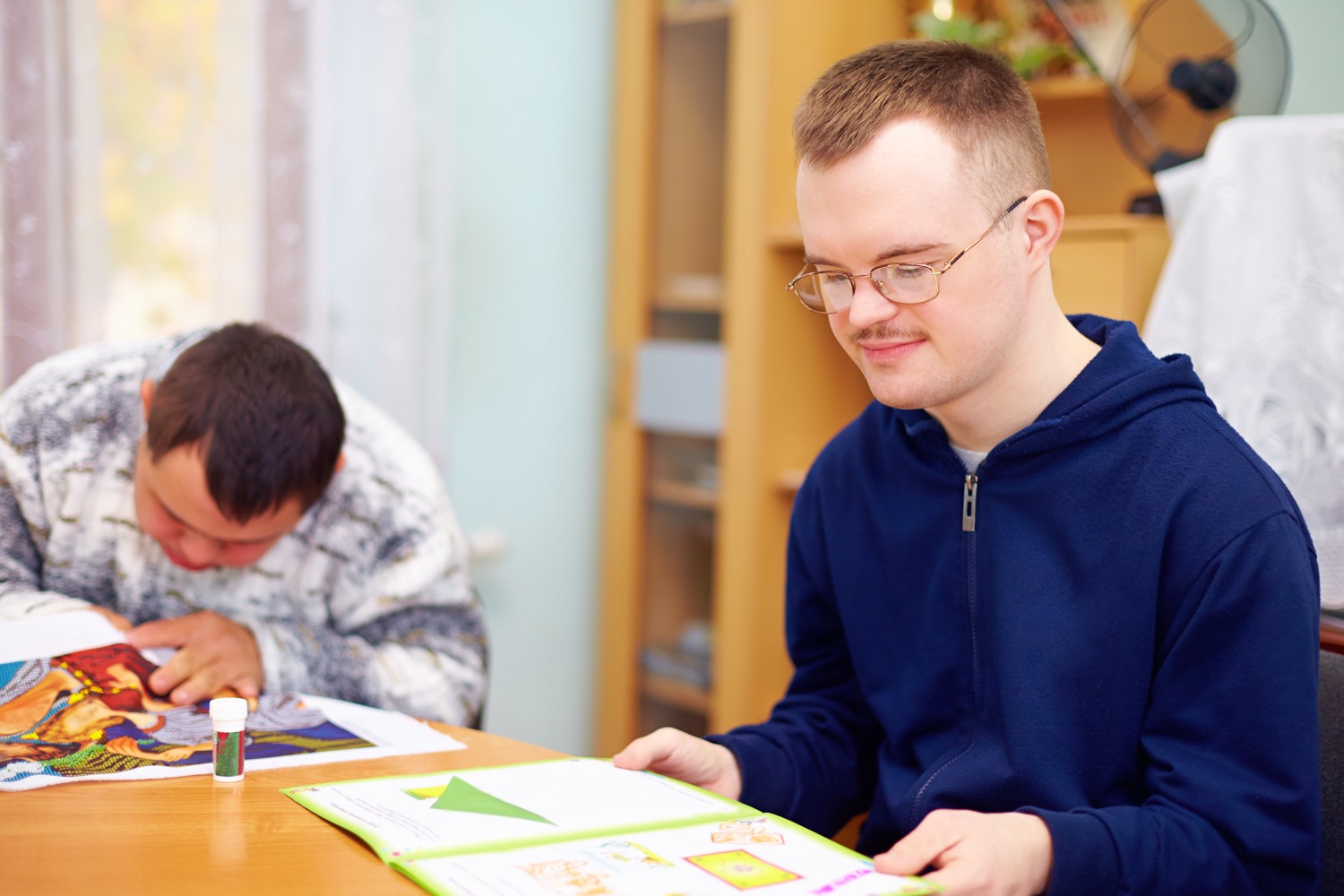Written by Brigid McNamara – Senior Speech Pathologist
As a child, I absolutely loved reading and I loved learning new words! It was only when I studied Speech Pathology at university that I learned how the two are interlinked.
We always hear from schools and the media “our kids need to read more”, but why is that? From a Speech Pathologist’s perspective, there are a myriad of reasons why everyone needs to read more (thinking about how reading is an essential skill in our everyday lives, an emotional regulation tool, reading for leisure… the list goes on!). But one very important aspect of reading is to help a child expand their vocabulary. Let’s explore how reading can support children with developing a wider range and more interesting vocabulary repertoire.
It has been shown that children who have been exposed to more sophisticated language through reading are more likely to have robust vocabularies (Schneider et al., 2022). This is because they are exposed to more complex vocabulary on a regular basis. We know that increased exposure to anything can help a child learn something more solidly (that’s why we practise or train to get better at so many different skills). Furthermore, it is easier for children with a robust vocabulary to attach meaning of a new word to prior knowledge, making it easier for them to learn new words. It has also been shown that having a strong background knowledge on a range of topics can positively impact a child’s ability to understand what they have read (Graves, 2006; Lawrence et al., 2021).
If you have heard of Scarborough’s Reading Rope (Scarborough, 2001), you will be able to see that vocabulary knowledge is an integral part of a person’s reading comprehension. This is why it is essential for children to have a wide use and deep ability to understand complex vocabulary.
Children who engage in regular reading develop these strong language skills, and therefore find reading more enjoyable, causing their vocabulary to grow even stronger. Children who have weaker vocabulary have to work harder when they read, therefore taking out the fun in reading. This means they read less often and therefore have decreased exposure to complex language in books. Sometimes for these children, they read books with a more basic level of vocabulary. It may look like they are reading, but in terms of exposure to more complex vocabulary, they are still falling short.
So, what can we as adults do to support our children being exposed to more complex vocabulary through reading?
Starter Strategy 1: Reading to your child
When a parent, adult or older sibling reads to a younger child, it can give them a chance to enjoy books and be exposed to more complex vocabulary than they would otherwise miss out on if they only read independently. You or an older sibling are able to read at a higher level, so this can give your child exposure to more complex vocabulary!
Starter Strategy 2: Audiobooks
For the same reason as reading to your child, audiobooks offer children a chance to be exposed to more complex vocabulary by listening to books they can’t yet read. Listening to audiobooks can also give children a sense of success associated with reading, building a positive relationship between readers and the task of reading. Audiobooks can be really useful for entertaining kids on long car trips too! The only thing to consider here is that this Starter Strategy is for supporting your child’s exposure to new vocabulary – it doesn’t allow your child to actually engage in the skill of decoding (reading). If you want to want your child to be able to read through print, you have to regularly practice the skill directly. When a child engages with print, you’re adding an additional set of skills that aren’t present while listening.
Starter Strategy 3: Get them involved!
Remember when you were a child how good it would feel when your parents let you choose the board game to play or the movie to watch or what the family was going to eat for dinner? Developing a child’s enjoyment and interest in reading is the same! Ask your child to choose the book to read before bedtime. If you are running out of books at home, a trip to the local library can give your child choice and refresh their reading repertoire. This can be a great reinforcer to encourage your child to read the book they picked out at the library. You can tell them how excited you are to read the book THEY chose!
For a younger child, when you are reading with them, you can also spend time looking at and talking about the pictures or concepts of the book. As your child gets a bit older, you can start taking turns reading out loud with them. As they become more confident with their independent reading, you can ask them to tell you about what they read to show that you are interested and that reading is enjoyable!
These strategies can all be useful for encouraging your child to be exposed to more complex vocabulary, as well as to enjoy reading and consuming books!
Encouraging your child to read more can be challenging. Armed with some strategies and information you can be sure that you have some different ways to approach this. My favourite aspect about reading and vocabulary being connected is that you are supporting your child in two different learning areas at the same time!
Happy reading!
References
Graves, M.F. (2006). The vocabulary book: Learning and instruction. New York, NY: Teachers College Press.
Lawrence, J. F. Knoph, R., McIlraith, A., Kulesz, P. A., & Francis, D. J., (2021). Reading comprehension and academic vocabulary: Exploring relations of items features and reading proficiency. Reading Research Quarterly, 75, 669-690. https://doi.org/10.1002/rrq.434
Scarborough, H. S. (2001). Connecting early language and literacy to later reading (dis)abilities: Evidence, theory, and practice.
Schneider, J. M., Abel, A. D., & Maguire, M. J., (2022). Vocabulary knowledge and reading comprehension account for SES-differences in how school-aged children infer word meanings from sentences. Language Learning and Development. https://doi.org/10.1080/15475441.2022.2081573


